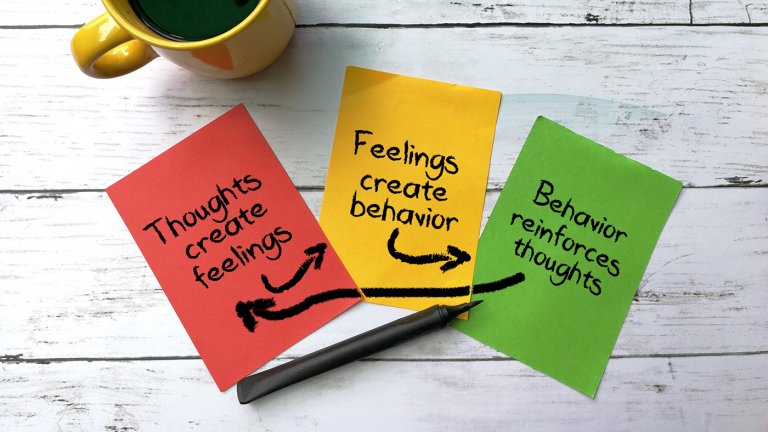Surge in SSRI Prescriptions Raises Concerns for Youth Mental Health
Disturbing trends have emerged from recent data provided by the Ministry of Health in New Zealand revealing a fourfold increase in SSRI prescriptions for children aged 19 and under from 2010 to 2021.
The numbers reveal a dramatic increase in the prescription of Selective Serotonin Reuptake Inhibitors (SSRIs) to children aged 19 and under, with prescription rates soaring from 40,146 in 2010 to a staggering 160,299 in 2021. These statistics raise pressing questions about the safety and necessity of these medications, particularly in light of controversial research surrounding Study 329.
SSRIs, a class of antidepressants including well-known drugs like Prozac and Paxil, have experienced a significant surge in prescriptions among New Zealand's youth. However, this increase has prompted critical scrutiny, given the complex scientific landscape surrounding depression and serotonin levels in the brain, as highlighted by Dr. Joanna Moncrieff's research.
Dr. Moncrieff's work, including her study available at Nature.com, challenges the conventional belief that low serotonin levels in the brain directly cause depression. Instead, her research suggests a more intricate mechanism of action for SSRIs, casting doubt on their role in treating depression.
The Ministry of Health data paints a striking picture. In 2010, approximately 40,146 SSRI prescriptions were issued to children aged 19 and under in New Zealand. Fast forward to 2021, and that number has surged to a staggering 160,299, representing a fourfold increase in just over a decade. This alarming escalation prompts a pivotal question: why are SSRIs being increasingly prescribed to young individuals when the scientific underpinnings are facing scrutiny?
The stark rise in SSRI prescriptions corresponds disturbingly with a 30% increase in youth suicide rates during the same period, pushing New Zealand to claim the highest youth suicide rate within the OECD.
Dr. Emma Lawson, a mental health specialist, comments, "The correlation between the mounting SSRI prescriptions and the surge in youth suicide rates necessitates an urgent examination of our approach to youth mental health care. We must explore alternative, evidence-based interventions that delve into the root causes of mental health challenges in young people."
The shadow of controversy looms large with the enigmatic Study 329. The study, published in the Journal of the American Academy of Child and Adolescent Psychiatry (JAACAP) in 2001, concluded that Paxil (paroxetine) was a safe and effective treatment for children and adolescents with major depression. However, subsequent investigations have cast a long shadow of doubt over the study's methodology, credibility, and implications.
Study 329's impact was profound, with Paxil becoming GlaxoSmithKline's (GSK) bestselling drug, despite mounting evidence of its ineffectiveness and potential harm to young patients. Legal actions and settlements ensued, but the consequences had already been felt.
The Study 329 saga underscores broader issues within the pharmaceutical industry, including the imperative for transparency in clinical trials and the need for unrestricted access to comprehensive data. Restoring Study 329, a reanalysis and rebuttal of the original study, has challenged the earlier conclusions and raised questions about drug safety and the limitations of randomized controlled trials.
As New Zealand grapples with the concerning surge in SSRI prescriptions for children aged 19 and under, it is paramount for healthcare professionals, policymakers, and the public to engage in an earnest dialogue about the role of these medications in youth mental health care. The data and controversies underscore the urgency of pursuing evidence-based approaches that prioritize the safety and well-being of the nation's most vulnerable population: its youth.






